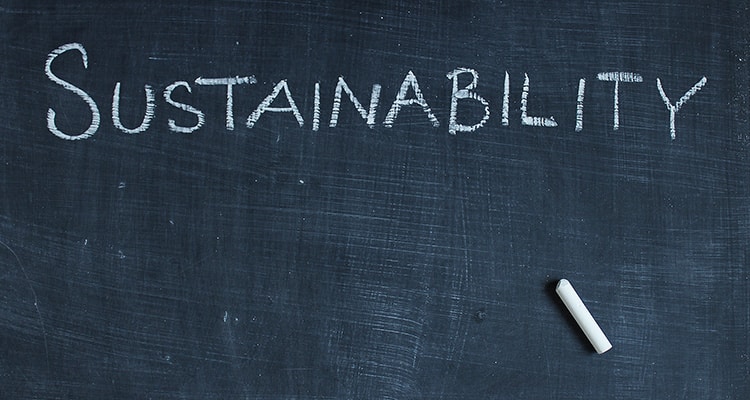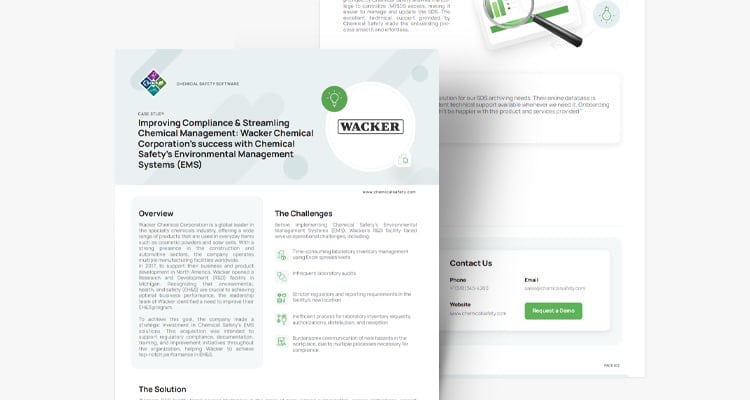The word “sustainability” is becoming increasingly common. It is often used to attract a growing environmentally conscious population sector to products, resources, and practices adapting for an uncertain future. For a consumer, learning that a product is “sustainable” feels like validation they are making the right choice.
But what does sustainability really mean?
As the name suggests, sustainability is all about sustaining the way we live for years to come. The field’s primary goal is to meet the needs of people today without compromising humanity’s ability to grow and persist in the future. While modern society is meeting many of humanity’s current needs, we are overconsuming Earth’s resources, meaning using them faster than they can replenish. To sustain our lifestyles into the future, we must take actions like finding novel resources to avoid the depletion of our natural ones, protecting Earth’s biodiversity, and reducing carbon emissions and pollution.
Actions like these are necessary to ensure people can continue living comfortably and are a large part of the sustainability conversation. However, studying sustainability requires more than learning only environmental science. It also involves knowledge from other fields, like economics and policy, to understand how creating a more environmentally friendly society would fit into our modern world.
This is where the three pillars of sustainability come in: Environment, Economy, and Society. The environmental protection pillar must be supported by economic decisions tailored for success in the long run and societal practices that value the fair allocation of resources, safe working conditions, and an equitable transition to future job markets.
When something is labeled as sustainable, it often means that creating it did not directly harm the planet, which covers the first pillar. However, it must also consider the other two pillars to be truly sustainable.
One example utilizing all three pillars comes from the traditional energy sector, where many companies are increasing their emphasis on waste management. Offshore oil rigs generate waste that can be disposed of in many ways, like being discharged or injected under a permit, or using onshore methods such as recycling and landfilling. Collecting data about a company’s waste streams and efforts to reduce waste benefits the environment but also has an economic return, as the company can keep materials in use for longer. Additionally, the well-planned management of waste creates safer work environments, benefiting company employees and contractors. Practices like these positively impact the environment and contribute to sustainable profits and equitable jobs for the future.
The key to sustainability is making what is good for the planet beneficial for the economy and, ultimately, ideal for people. Something that is playing an increasing role in this is technology and digitization, which allows businesses to optimize, track, and assess resource usage to increase efficiency in their operations. These tools give them the ability to make decisions for their companies that are both financially and environmentally sound, which is at the core of sustainability.
Sustainability is about discovering how we can live today without compromising our futures, which can only occur when we consider more than just environmental science. Our methods for protecting the Earth must also be healthy for the economy and society. True sustainability is only achieved when environmental protection benefits the planet, people today, and generations to come.



